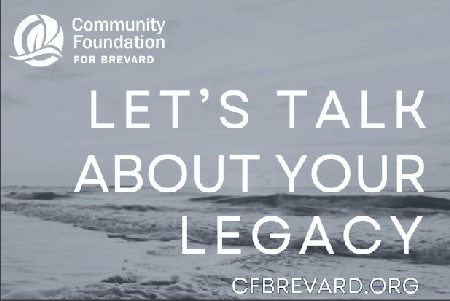Work It Out
November 7, 2022
Change in scholarship requirement adds service options
Senior Emily Oliver was surprised to learn that the requirements for the Florida Bright Futures Scholarship, which she had been working toward, had been suddenly changed over the summer to allow paid work hours to be used for eligibility instead of volunteer hours.
“I’m mad that [the scholarship policies] got changed right before senior year because before it was announced I had already completed all of my hours after I had been working all summer,” Oliver said. “I work four days a week so I would have never volunteered if it was changed earlier. It would have been a lot less stressful for me to not have to worry about work, school, and volunteering.”
Oliver began working at Long Doggers during her freshman year and has continued for the past three years.
Gov. Ron DeSantis signed a bill into law on June 27, stating that students can now use paid work hours to satisfy the community service requirement for the Bright Futures scholarship, whereas in the past only volunteer hours were applicable. DeSantis said the revision was made to expand opportunities for the scholarship to students who needed to work to support their families.
College Admissions Counselor Angela Feldbush said the school’s policies align with the changes to Bright Futures, however, she thinks volunteering remains critical for students to discover their interests and develop a college portfolio.
“[Accepting work hours] is a legal requirement for Bright Futures which means that we need to have our rules consistent with those,” Feldbush said. “I still encourage any student, who is able, to continue with community service.”
Feldbush said the expansion could have been done differently to be more fair and effective for its intended purpose.
“I wish that there was a requirement if you were using paid work, that you could demonstrate financial need,” she said.
Feldbush said the modification to the Bright Futures eligibility requirements is beneficial because it will attract students to attend college in Florida.
“It’s going to open [the scholarship] up to more people,” Feldbush said. “Because you don’t have to plan ahead for people with jobs.”
Sophomore Carter Newlin, who began working at Chick-fil-A during the summer to pay for gas and car insurance, said he supports the modifications to the bill.
“I think the change to Bright Futures policies is a good idea because working a job demonstrates, in my opinion, better qualities than volunteering because it shows extended commitment,” he said.
Newlin added he will still volunteer.
“I’ve been getting volunteer hours by playing guitar at my church,” Newlin said. “I would probably not stop volunteering if it wasn’t required because I volunteer for other reasons than just service hours.”
Brevard Zoo Teen Volunteer Coordinator Jennifer Katona said volunteering helps teenagers explore career paths and other interests.
“A lot of times, people are just trying to figure out what they want to do,” Katona said. “So this is kind of a way to test out a lot of different things. You’re learning how to keep track of your schedule, be responsible. You learn a lot of important skills that you can apply to other things, like working as a team and communication.”
Katona said volunteering can prepare students for working in paid jobs.
“I know my first job, I was sixteen, and I can’t say that I felt super-prepared,” she said. “It was just kind of one of those things where you jump in and you’re like ‘All right here’s my job, I’m going to figure it out.’ But volunteering with us, you get to work on that stuff ahead of time.”
Although volunteering at the zoo gives teenagers service hours for Bright Futures, Katona said she encourages volunteers who have a general interest in the program.
“We want them to be able to get something out of their experience here that they can’t get other places,” Katona said.
Katona said 86 percent of zoo volunteers continue the program past their initial one-year requirement.
“I think that [the bill] is great because the people who are only signing up for the volunteer hours are the ones who don’t stick around anyway,” Katona said. “I think it’s great that you’re able to work and make some income and also cover your Bright Futures, and I don’t think it’s going to have a negative impact on our team. It just might mean that the people that we have are even more invested in being here and what the zoo can offer versus just ‘I need to fulfill this requirement.”





















































